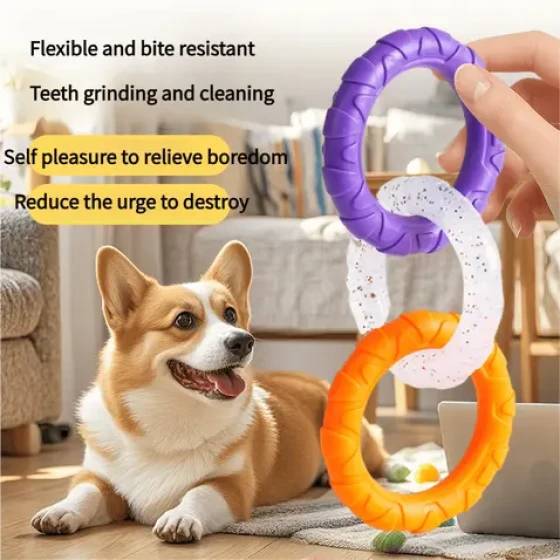Factors Affecting Dogs' Eating

Labrador Retriever
Normally, a dog will usually appear very excited when it sees food under conditions of hunger. Therefore, if you find that the dog is not interested in food or refuses to eat, we should pay attention and find out the cause. So let's first talk about the factors affecting dogs' eating.
1. The first is related to the feed. If the feed is monotonous, not fresh, or has an unusual odor, the dog will also be unwilling to eat. In addition, if the feed contains a large amount of chemical flavorings, or substances with stimulating odors such as aromatic or spicy smells, as well as particularly sweet or salty foods, all of these will affect the dog's appetite.
2. The second is the inappropriate feeding environment. If there is strong light, noise, several dogs competing for food together, the presence of strangers, or interference from other animals, the dog may refuse to eat.
3. The third is health reasons. If the above reasons are ruled out and the dog's appetite still does not improve, then the possibility of illness should be considered. At this time, observe if there are abnormalities in various parts of the dog's body to promptly identify problems and consult a veterinarian for diagnosis and treatment in time.
Therefore, the freshness and odor of the food itself, the surrounding environment, and the dog's physical condition all affect a dog's eating. So first, we need to ensure that the dog's food is sufficiently fresh and that the surrounding environment does not disturb them. If these two factors are ruled out and the dog still refuses to eat, it is best to take them to a hospital for a checkup.





